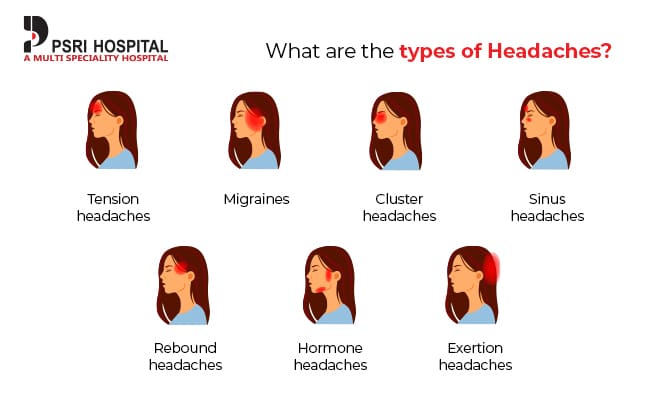
Sensitivities are ailments. They are brought about by excessive touchiness of the safe framework to ordinarily innocuous substances in the climate. These substances are known as allergens. They incorporate dust, dust vermin, form spores, pet dander, and certain food varieties.
Side effects of sensitivities can go from gentle (irritated eyes) to serious (hypersensitivity). Your primary care physician will direct you about the treatment for sensitivities with non-prescription meds. Certain individuals might require original effectiveness meds or immunotherapy.
On the off chance that you are searching for data on sensitivities, you’ve come to the perfect locations. Here, we will cover the various sorts of sensitivities, their side effects, and how they are analyzed.
What is a Sensitivity?
Sensitivity is your body’s negative reaction to specific substances that are innocuous to other people however don’t function admirably with your invulnerable framework. These substances are probably food things, bugs, pet dander, molds, dust and so on. At the point when your body interacts with the allergen (through contacting, breathing or consuming), your body produces immunoglobulin E (IgE). It ties with allergens, causing sensitivity side effects like tingling, rashes or clog.
Everybody encounters various side effects relying upon the allergen. It can influence one or many body parts like the nose, eyes, throat, skin, lungs, and stomach. Most sensitivities are gentle to direct.
To treat sensitivities, you should know their sort and reason for it. Allow us to get more familiar with it.
What are The Kinds of Sensitivities?
There are different sorts of sensitivities. Here we are checking the most widely recognized composes.
Food Sensitivity
Food Sensitivity is quite possibly of the most well-known sensitivity individuals experience. It creates when you eat specific food things, and your body discharges antibodies as a response. Some normal food allergens are milk, eggs, nuts, shellfish and so forth. It can create at any phase of life.
Side effects of food sensitivity:
Queasiness and heaving
Tingling in one or all body parts
Enlarging around the mouth, face, tongue
Skin Sensitivity
The most widely recognized skin sensitivities are dermatitis and hives. These show up as redness or rashes on the skin. Dermatitis is a fiery condition. It can influence anybody however is most normal in youngsters. The most well-known triggers for dermatitis are house vermin, dust, pet fur, and aggravations like cleansers and cleansers. It isn’t infectious. You have some control over it with atopic creams and anti-infection agents.
Hives are otherwise called urticaria. It is a skin rash. It is for the most part brought about by food, prescription, natural variables or hidden medical problems. Hives are normally red, pink-shaded bothersome welts on the skin. They can influence anybody, from kids to grown-ups. With appropriate direction and drug, you can deal with the event of hives.
Side effects of skin sensitivity:
Dermatitis – dry, red, bothersome skin
Hives – a red rough careless. It doesn’t endure in excess of 24 hrs.
Unfavorably susceptible Rhinitis
Unfavorably susceptible Rhinitis is otherwise called roughage fever or sensitivities to pollen. It creates as a response when you breathe in an allergen. A few normal allergens are dust, dust, pet dander, shape, fragrances, hairsprays, tobacco smoke and so on. You have some control over hypersensitive Rhinitis with medicine and home cures.
Side effects of Hypersensitive Rhinitis:
Runny nose and sniffling
Bothersome eyes
Clog
How to Analyze Sensitivities?
Sensitivities are for the most part associated with the insusceptible framework. Realizing the reason will assist you with treating them without any problem. Whether you are wheezing a great deal or getting bothersome hives, you can determine sensitivity to have blood tests.
Your PCP will assist you with diagnosing sensitivities by following techniques.
Actually taking a look at signs and grasping family ancestry with sensitivities
Actual assessment
Blood tests (allergen-explicit IgE test)
Your lab specialist will take a blood test to test your aversions to allergens. In the wake of going through the IgE test results, your primary care physician will direct you about additional treatment.
What is Allergen-Explicit Immunoglobulin E (IgE) Test?
The most well-known blood test performed to analyze sensitivities is the IgE test. This test estimates the immunoglobulin E (IgE) antibodies in your circulatory system. These are sensitivity causing antibodies that your body produces as a response to allergens. These antibodies respond distinctively contingent upon the allergen. Hence it is simpler to determine the sort of aversion to have an IgE test.
End
Sensitivities are normal medical issue. They can influence anybody. Gentle to direct sensitivities are not difficult to treat with appropriate direction and medicine. The most ideal way to analyze sensitivities is through blood tests. They assist you with grasping the kind of sensitivity and its reason for it. When you know about allergens, you can keep away from them and take prescription or immunotherapy.
We at City are furnished with qualified blood assortment experts. Our profoundly progressed ImmunoCAP™ machines assist you with exact blood sensitivity tests. We additionally give at-home blood test administrations and offer outcomes online by means of email and the City TruHealth application.










